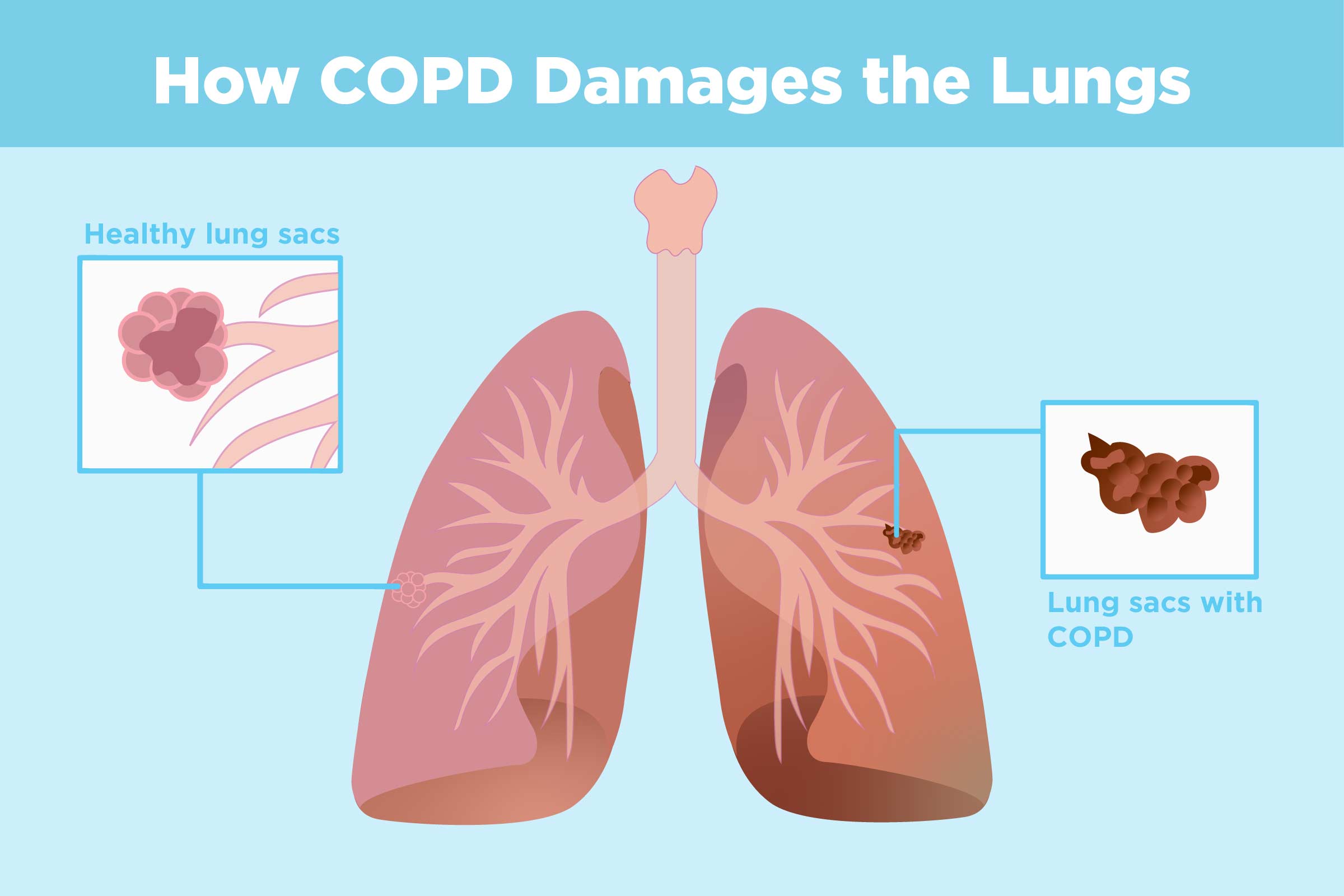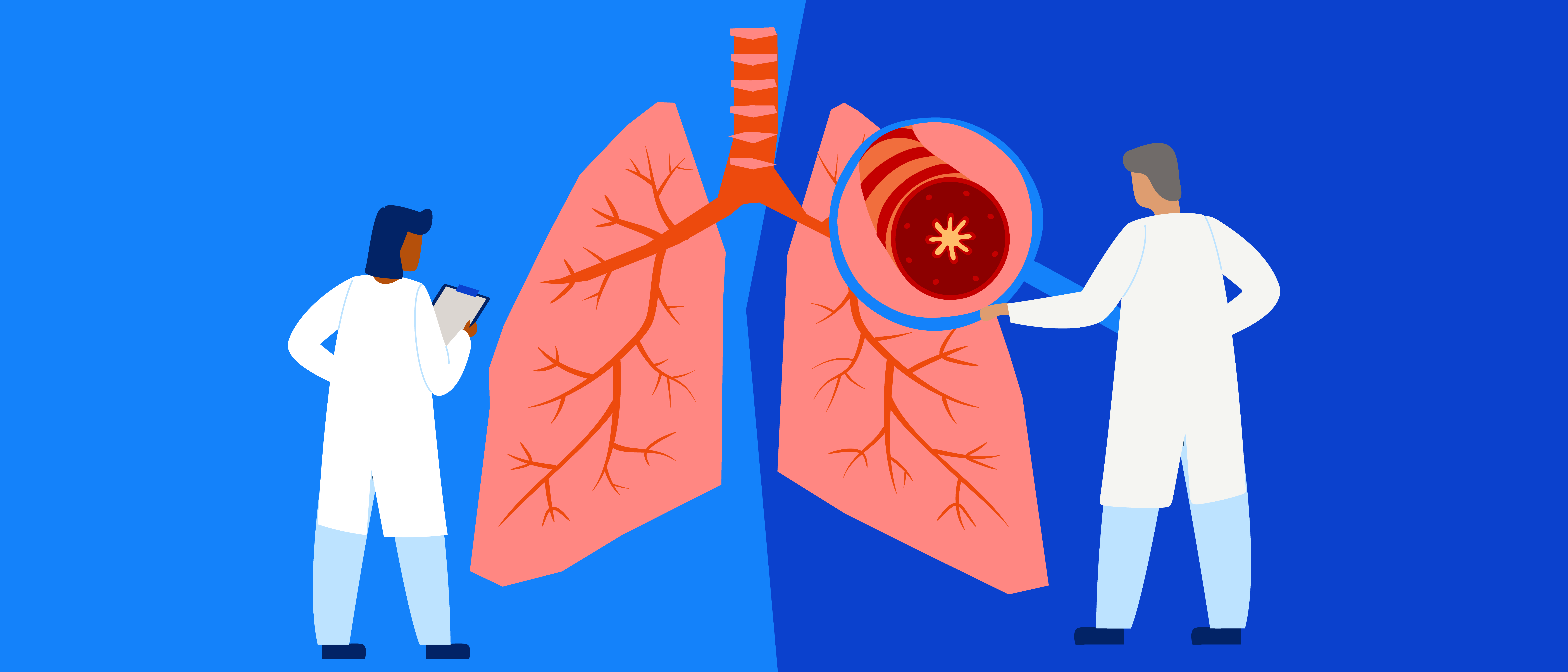All Categories
Featured
It can lower stress and assist with stress and anxiety and depression, too. Some studies have shown that yoga breathing exercises enhance lung feature in individuals with mild to modest COPD yet must be combined with standard medical therapy. Additional study is required. NAC is a supplement that originates from the amino acid L-cysteine.
People with COPD usually look for ways to relieve that. NAC is said to assist your lungs function better. It might: Thin mucusGive you less phlegmEase your coughHowever, the proof to sustain that claim is weak, according to a study review done in 2006 on just how NAC affects COPD.

The evaluation showed that NAC really did not substantially reduce the threat of signs and symptom flare-ups or reduce down the decrease in lung function in COPD people. The end results were comparable in both groupsthose who obtained NAC and those that really did not. This herb has actually been made use of for countless years for different medical factors.
In others, it doesn't. One 2019 evaluation of several studies on this subject found that enhancing the degree of vitamin D to normal did minimize the rate of COPD flare-ups in individuals with low degrees of vitamin D. But also for individuals whose degrees were currently at regular or above, including even more vitamin D didn't have any effect.
Exploring COPD in seniors Early Warning Signs Of Copd
Some research claims salvia might help secure your lungs throughout flare-ups. There have not been enough researches to be certain.
Echinacea hasn't been particularly examined for COPD. Your body makes melatonin naturally, which aids advertise sleep., hoping that it'll help them rest much better.

Below are 20 foods that might help increase lung function. The vibrantly tinted root and greens of the beetroot plant consist of compounds that maximize lung function. Beetroot and beetroot eco-friendlies are abundant in nitrates, which have been revealed to profit lung feature. Nitrates assist relax blood vessels, lower blood stress, and enhance oxygen uptake (). Beetroot supplements have been revealed to boost physical efficiency and lung feature in individuals with lung problems, consisting of COPD and pulmonary hypertension, a condition that causes hypertension in the lungs (, ). Additionally, beet greens are packed with magnesium, potassium, vitamin C, and carotenoid antioxidants all of which are vital to lung wellness ().
Obtaining enough vitamin C is particularly important for those that smoke. Actually, as a result of the damaging results of cigarette smoke on your body's antioxidant stores, it's recommended that people that smoke eat an added 35 mg of vitamin C each day (). Nonetheless, many researches reveal that cigarette smokers may profit from greater doses of vitamin C and that cigarette smokers with high vitamin C consumption have far better lung feature than those with reduced vitamin C intake (). Swelling and obstruction of the air passages creates them to narrow, making it challenging for air to pass in and out. According to a recent evaluation, people with COPD who smoke have a more quick decline in lung feature, even more problems, and an increased risk of death. Smoking cigarettes may also lower the performance of breathed in steroid drugs that medical professionals make use of to treat serious COPD.Quitting smoking is the most effective action that someone who smokes and has COPD can require to slow down disease progression. This is when an individual breathes in via their nose and breathes out through securely pursed lips. This suggests acquiring the diaphragm in order to take a breath even more deeply. The stomach noticeably broadens while taking a breath in, and it decreases when breathing out. This is a controlled breathing method common in yoga practice. Pranayama involves concentrating on locations of the body associated with breathing. Scientists are still checking out the impact of excessive weight
Latest Posts
Supplements and foods that help with Regenerative Medicine For Copd naturally
Overview of COPD in seniors Stem Cell Therapy For Copd
Can seniors manage Managing Copd Flare-ups after 60?